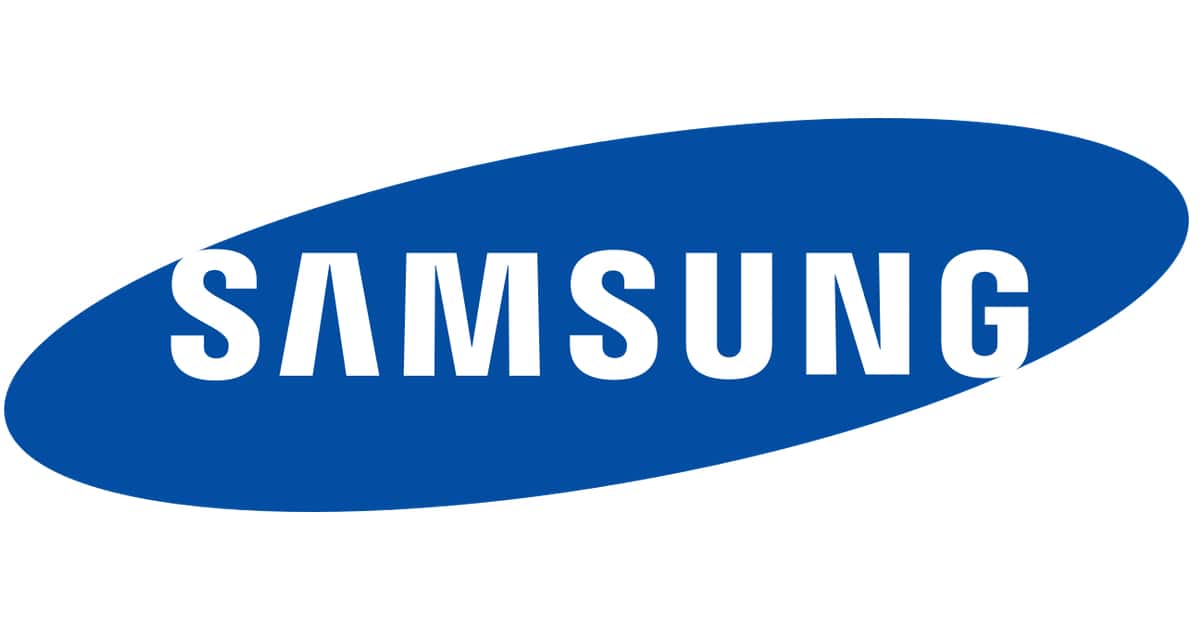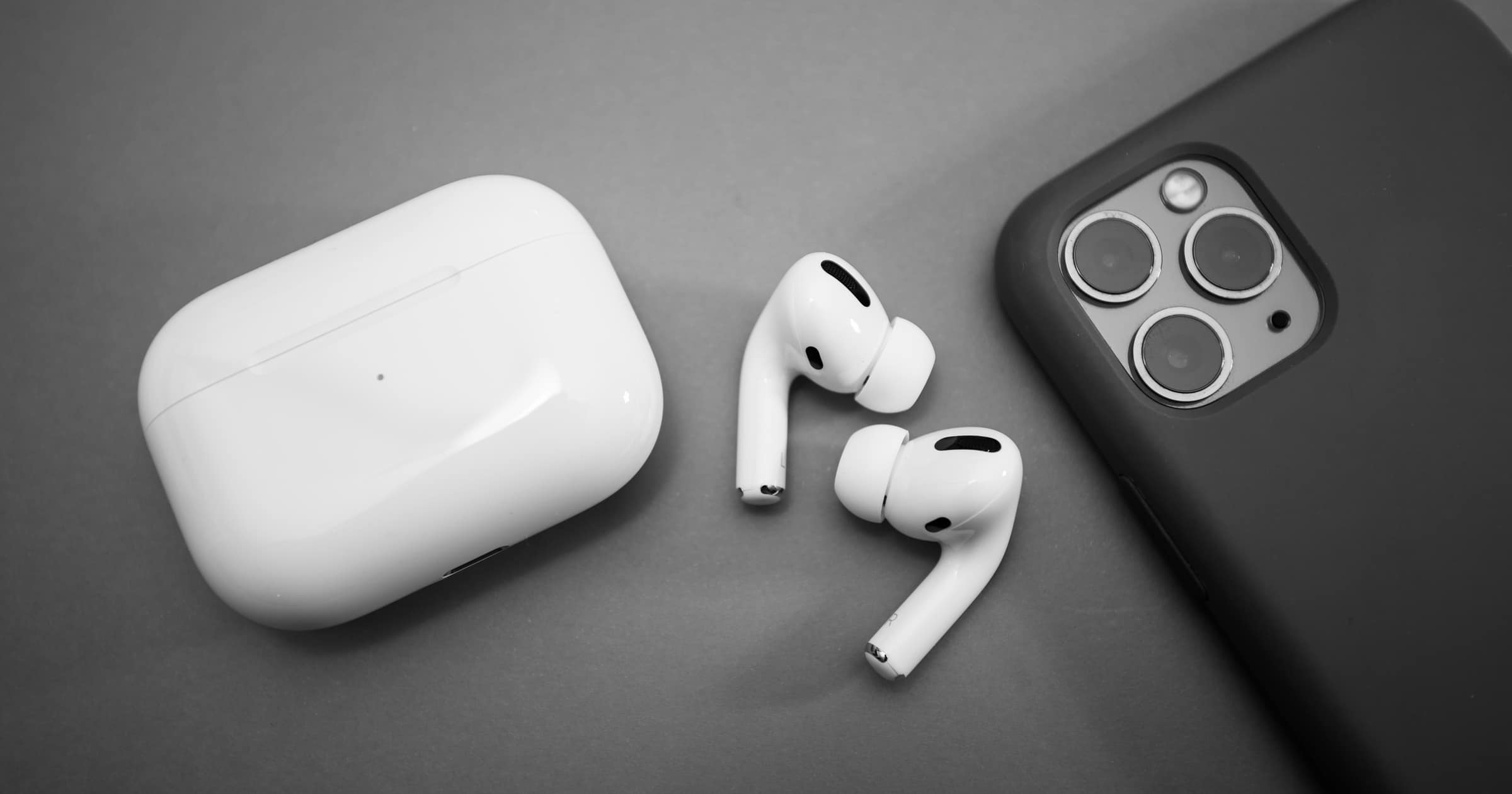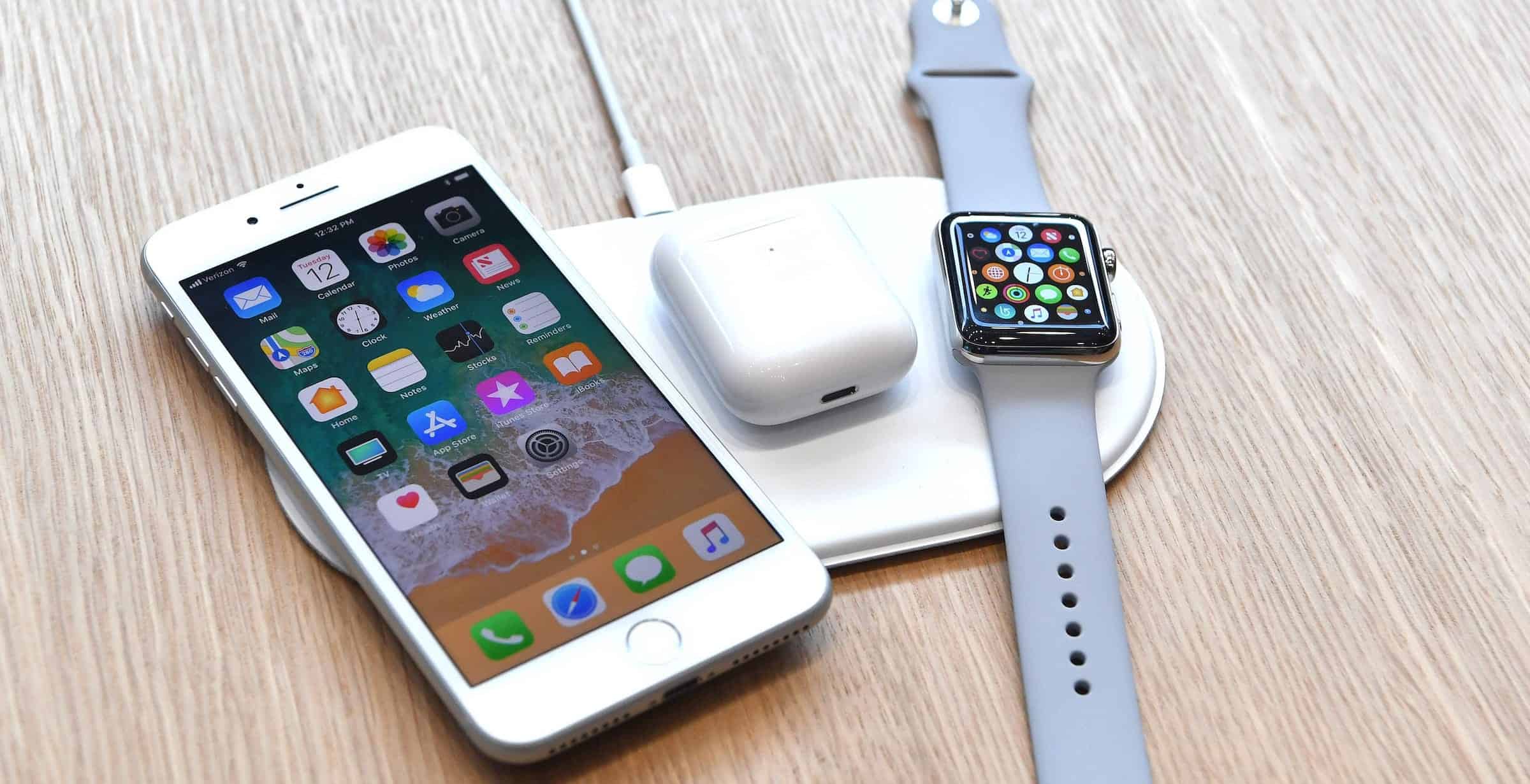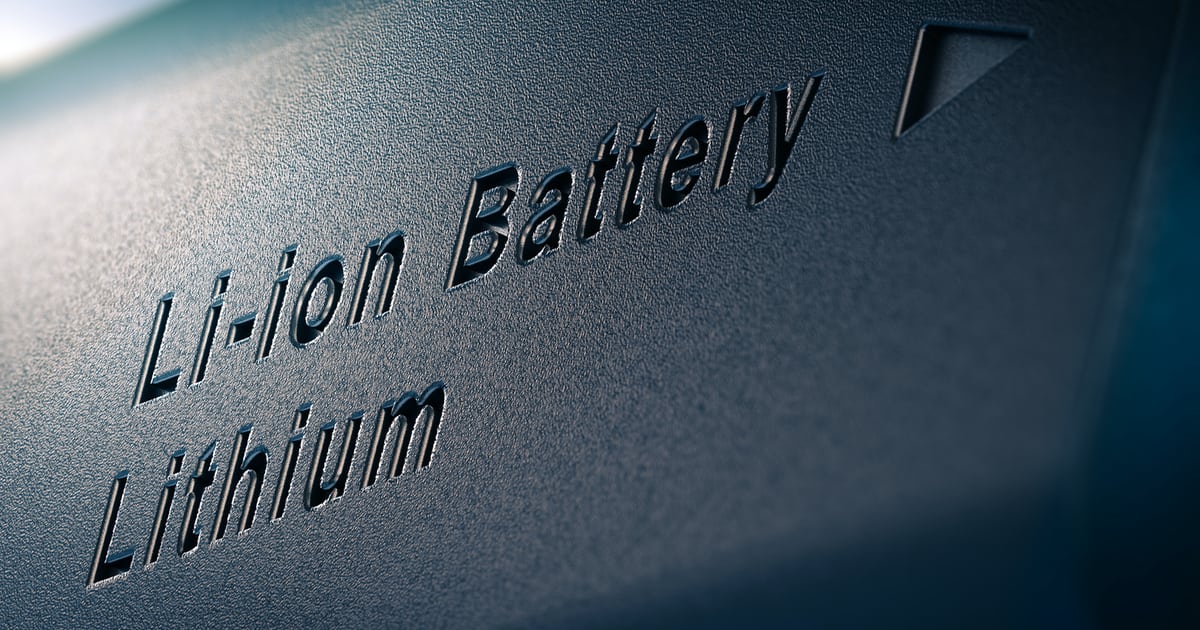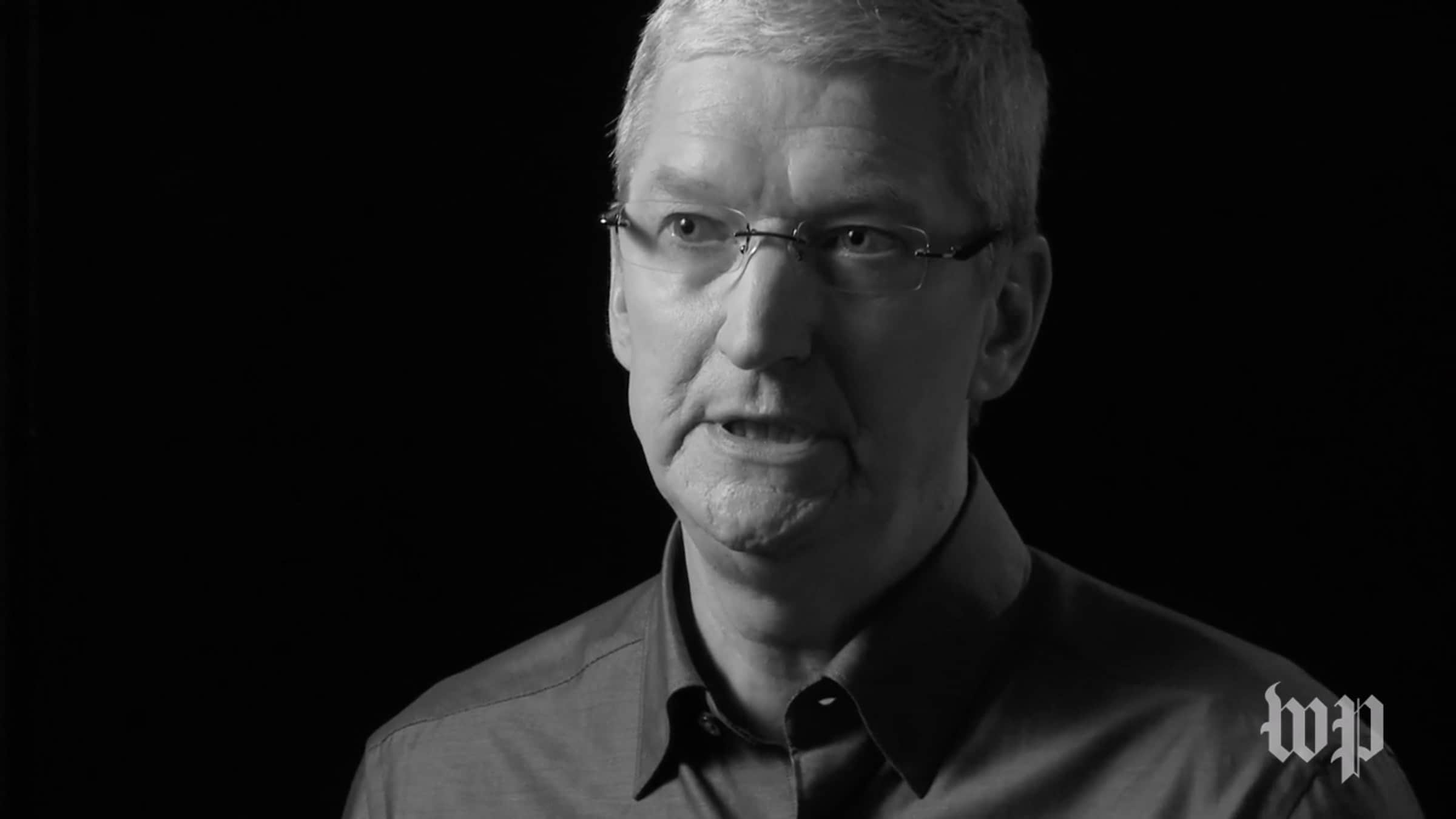John Martellaro and Bryan Chaffin join host Kelly Guimont to discuss picks and ideas for the upcoming gift-giving season, complete with links.
Search: iPhone 17
Samsung Takes Bigger Chunk of U.S. Marketshare Than Apple For First Time Since 2017
Samsung grabbed a bigger chunk of the U.S. smartphone market than Apple in the third quarter of 2020, according to data from Strategy Analytics, picked up on by Cult of Mac. That the first time since 2017 that Samsung has beaten Apple.
Apple accounted for a 30.2 percent market share of the U.S. smartphone market in Q3 2020. However, it lost out slightly to Samsung which made up 33.7 percent of the marketshare. The last time Samsung beat Apple in Apple’s home country market was Q2 2017. In third place was LG Electronics, which accounted for just a 14.7 percent share of the market. The reason for Samsung’s victory over Apple in the quarter likely involves the delayed launch of the iPhone 12. New model iPhones don’t usually make a significant impact until calendar Q4. However, their appearance in September does give the July through September quarter a boost for Apple. This year, the iPhone 12 handsets weren’t even shown off until October. This was due to manufacturing challenges related to coronavirus. Meanwhile, Samsung launched new flagship devices such as the Galaxy Note 20 and Galaxy Z Fold 2 during the quarter.
Review: iPhone 12 Pro Cases from TORRAS and Mujjo
New iPhones are always accompanied by… new accessories, and Charlotte has tested two new third-party cases on her iPhone 12 Pro.
Your iPhone 12 Could Charge Your AirPods
If you wish your iPhone could charge your AirPods, you may not have long to wait. A recent FCC filing suggests this is soon to be reality.
6 Must Have iPhone 12 Accessories
Now that iPhone 12 models are being delivered today, it’s a good time to look at accessories. Andrew found six products to consider.
Geeky Thoughts About Apple's "Hi, Speed" iPhone 12 and HomePod mini Announcements – Mac Geek Gab 838
Join John F. Braun and Dave Hamilton for the geeks’ dissection of Apple’s iPhone 12 and HomePod mini announcements. Digging into some of the deeper elements, your two favorite geeks cover some of the 5G nuances, OLED on all screens 12, LIDAR, speaker pairing, and more. Press play and enjoy, then send your feedback into [email protected].
MagSafe Accessories Launch With iPhone 12
The release of the iPhone 12 also introduces MagSafe wireless charging and a host of magnetic accessories that stick on the back of your phone.
Apple Announces iPhone 12, iPhone 12 Mini, iPhone 12 Pro
During Apple’s virtual keynote on Tuesday the company officially announced its newest iPhone product line, the iPhone 12.
Images of iPhone 12 and HomePod Mini Leak Prior to Launch Event
Leaker Evan Blass has shared of the iPhone 12 and HomePod mini in various colors ahead of their expected launch.
A Big iPhone 12 Leak Provides Full Details of Lineup
Chinese leaker “Kang” who has a good track record, took to Weibo to post details on the full iPhone 12 lineup.
iOS 14 Features, Updates – TMO Daily Observations 2020-09-17
Andrew Orr and Bryan Chaffin join host Kelly Guimont to discuss the iPad/iOS 14 release, and the biggest updates and changes to your devices.
Many iPhone App Ads Hide Malware
When you think about malware in an app, do you think about your iPhone? Start thinking about it, because ads hide malware in 1,200 apps.
iPhone SE Helps Apple as Rivals See Smartphone Sales Tumble
Global smartphone sales fell 20.4% in the second quarter of 2020, but Apple fared well thanks to the release of the low-cost iPhone SE.
Apple AirPower: ‘One More Thing’ for iPhone 12 Event
In 2019, we were disappointed by the Apple AirPower being canceled. There’s a chance, though, that the wireless charging pad is coming soon.
iPhone Production Begins in India
Indian iPhone production has begun with Wistron looking to hire 10,000 staff, as Apple looks to reduce its reliance on Chinese manufacturing. 9to5 Mac has a nice roundup of the current situation.
India’s importance to Apple as a manufacturing center has grown considerably since the first Foxconn plant back in 2016. The goal at that stage was simply to make older and lower-end iPhone models for local sale. Apple’s primary production capabilities remained firmly centered in China. Things have changed rather dramatically since then. Apple’s increasingly uneasy relationship with China has highlighted the risks of being overly dependent on a single country for the vast majority of production. The substantial tariffs imposed by the Trump administration on Chinese-manufactured products made diversification of manufacturing a much more urgent matter. Apple reportedly responded by asking suppliers to price up the cost of moving 15-30% of production out of China. That seemed an ambitious goal at the time, with one reported failed attempt to manufacture the current flagship models in the country. However, the importance of having iPhone production much more widely dispersed around the globe was underlined when the coronavirus hit China, shutting down iPhone production in the country.
Arizona Launches Multi-State iPhone Throttling Probe
Arizona is launching a multi-state iPhone throttling probe to investigate if Apple’s iPhone throttling violated deceptive trade practice laws.
iPhone SE Winning Android Users And Unlikely to Cannibalize 5G iPhone Sales
The iPhone SE is helping Apple win over an unprecedented amount of Android users while also encouraging those with older devices to upgrade.
Security Friday! Letter from Congress, Sharing Passwords – TMO Daily Observations 2020-07-17
Andrew Orr joins host Kelly Guimont to discuss Security Friday news tidbits, tips for security on iOS 14, and how to share passwords safely.
iPhone Trade-In Prices Have Been Cut
Apple has cut the trade-in values of many iPhone models, adding to the speculation that the iPhone 12 will be announced in the coming weeks.
Rumors Suggest iPhone 12 Pro May Support 4K Video at 240fps
The iPhone 12 Pro could support 4K video shooting at 240fps. That’s according to new leaks and rumors emerging from the EverythingApplePro YouTube channel and reported on by CultofMac.
[Filip] Koroy reportedly found evidence of the new high resolution, slow-mo format in the iOS 14 beta code. Whether this is accurate remains to be seen. If it is, it would be far above what is available in other smartphone models right now. It would also make it likely that Apple will sell a shedload of high storage handsets this year — or way more iCloud subscriptions. The report also mentions that the iPhone 12 Pro could boast a ProMotion 120Hz high-refresh display, citing information from Apple leaker Max Weinbach. Apple introduced the 120Hz ProMotion iPad Pro back in 2017. Like the iPad Pro, which first debuted ProMotion, the iPhone 12 Pro could dynamically switch between 60Hz and 120Hz to save on battery. The regular iPhone 12, meanwhile, may stick with a regular 60Hz display. ProMotion for the iPhone 12 was first rumored at the end of 2019.
iPhone as a Teenager – TMO Daily Observations 2020-06-29
Charlotte Henry and Dave Hamilton join host Kelly Guimont to discuss the iPhone anniversary and what is different (or not) then and now.
App Store Rejections, Antitrust Updates – TMO Daily Observations 2020-06-17
Charlotte Henry joins host Kelly Guimont to discuss App Store policy and what constitutes a violation, and updates to EU antitrust cases.
Apple Releases Summer iPhone Cases and Apple Watch Bands
Apple has released summer iPhone cases and Apple Watch Sport bands: Vitamin C, Coastal Gray, Seafoam, and Linen Blue.
Apple to Face Lawsuit Over Tim Cook iPhone Demand Comments
Apple has to face part of a lawsuit over claims it concealed falling demands for iPhones, particularly in China.

